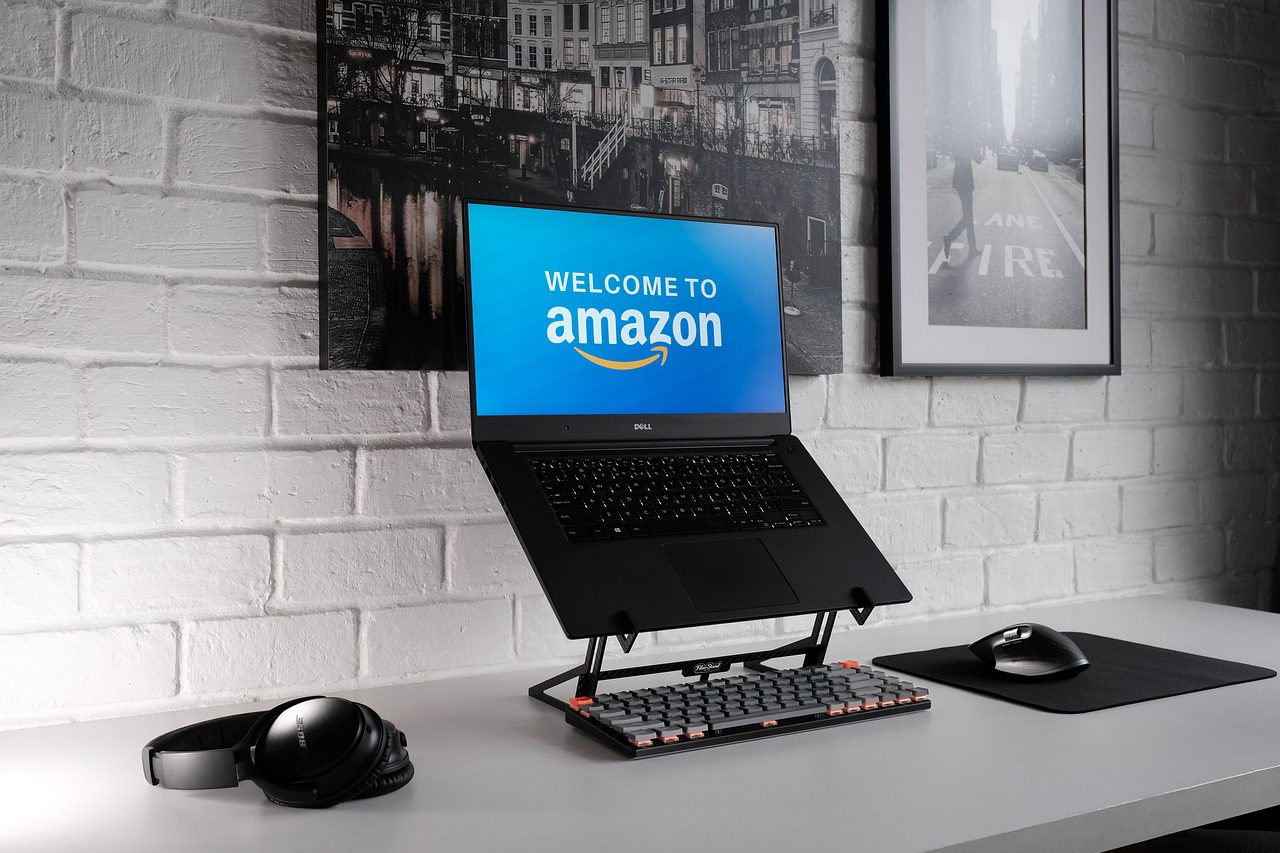
Prime Day Is A Yearly Reminder Of How Online Marketplaces Benefit Small Businesses
Juan Londoño
July 16, 2024
Amazon Prime Days (July 16 and 17) are once again upon consumers. The next two days will be a bonanza for millions of Americans as they enjoy deep discounts on many items. This two-day event essentially works as a way to allure consumers to subscribe to its Prime service. While incredibly important for consumers, Prime Day will be incredibly beneficial for small businesses who rely on platforms like Amazon to market, sell, and ship their products. Despite this win-win scenario, government agencies like the Federal Trade Commission (FTC) are trying to break up Amazon, which would hurt consumers and small businesses.
The FTC filed a lawsuit against Amazon last year, alleging that the company was engaging in anticompetitive conduct. However, as some have noted, this complaint is largely based in gross mischaracterizations of the relevant market and a complete disregard for consumer welfare. If the agency were to succeed in its complaint, the platform will likely be forced to shut down or drastically alter its fulfillment program, taking a valuable tool out of small and medium businesses’ (SMBs) hands while also making consumers worse off.
In breaking down the FTC’s antipathy towards Amazon, FTC Chair Lina Khan claimed Amazon’s market dominance actually harms sellers on its platform. In an interview with NPR, Khan said, “So there are a variety of ways that Amazon is now hurting its customers, both the sellers that rely on Amazon to reach shoppers as well as shoppers themselves. One is that Amazon has been hiking the fees that sellers have to pay.”
Sadly, it seems the only claimed genesis of this supposed harm is the fee sellers pay to market on Amazon. It makes no note of the fact that these businesses would have to pay a shelving fee at a brick-and-mortar retail location anyway. It also ignores the reality that these businesses readily and willingly pay that fee because they deem it is worth it for their business model. The data further bears out just how beneficial the relationship between Amazon and its third-party sellers has been for small businesses.
According to statistics published last year, about 60 percent of sellers on the platform are independent sellers, which tend to be overwhelmingly SMBs. By design, online marketplaces are especially beneficial for SMBs because, unlike physical retailers, they do not have restraints on how many products can be offered or how many sellers it can host.
While a physical store can run out of shelf space, online marketplaces rarely face a similar problem. This allows online marketplaces to receive as many businesses and products as possible, while physical retailers have an incentive to be extremely selective with what products they shelve.
SMBs flock towards online marketplaces mainly because they streamline the discovery and distribution process. Sellers and consumers in these platforms are just a search query and a couple of clicks away from connecting with each other. Before the existence of these platforms, businesses would have to battle for real estate, spend money in marketing for brand discovery, and convince potential buyers. Meanwhile, with online platforms like Amazon, consumers only need to submit a simple search for any item they want, and they will be matched with a seller. They can take a deep look into the product, pictures, videos, without the need of traveling to any physical location.
However, in the biggest and most popular online platforms, SMBs have access to additional services that help them kickstart their operation. Platforms like Amazon Prime give seller the options to use their logistics and distribution services, helping them store and ship their products. Usually, it also comes with an ability to offer free returns and exchanges. Services like these provide an extra incentive for potential buyers, as they feel they can take a gamble on smaller, less-known brands if they can minimize risk by returning their products easily.
As Prime Day kicks off, millions of Americans flock into the platform to take advantage of a great number of sale deals. These two days are likely to be windfalls for SMBs that will see a sharp rise in their sales. It is important for policymakers and regulatory agencies to remember how these platforms drive American entrepreneurship every day and stay out of its way.
